Free Port Scanner

Free Port Scanner: Scan Open Ports
A free port scanner is a software tool that allows you to scan open ports on your local network or a remote host. It can help identify security vulnerabilities, check for open backdoors, test firewall rules, and more.
What is Free Port Scanner?
A free port scanner is a software tool that computer professionals, network administrators, and security researchers use to scan open ports on devices on a network. It works by systematically sending requests to ranges of TCP and UDP ports on targeted machines and listening for responses to determine which ports are open, closed, or filtered.
Free port scanners can scan ports on your own computer to inventory services and applications listening for connections. They are also useful for probing remote hosts and networked devices to check for vulnerabilities, backdoors listening on unusual ports, misconfigurations in firewall rules, and more. The information a port scan provides can help identify security risks that need to be addressed.
Unlike expensive commercial port scanners, free tools like Angry IP Scanner, Advanced Port Scanner, and Nmap have basic but sufficient features for most scanning needs. They can scan hundreds or thousands of ports rapidly on multiple hosts at once and usually allow some control over advanced scan types, port ranges, reporting, and other options.
While lightweight free scanners may lack a graphical interface or active scanning features found in paid products, they get the job done for assessing simple security risks. And their approachable interfaces allow even novice computer users to understand and remediate problems found during scanning.
Free Port Scanner Features
Features
- Scans for open TCP and UDP ports on a target IP address or hostname
- Detects the OS and services running on scanned ports
- Exports scan results to a text file
- Command line and GUI versions available
- Scans multiple IP addresses in a range
- Performs ping scans to check if a host is alive before scanning
- Configurable scan speed and port range
- Free and open source
Pricing
- Free
Pros
Cons
Reviews & Ratings
Login to ReviewThe Best Free Port Scanner Alternatives
Top Network & Admin and Network Scanning and other similar apps like Free Port Scanner
Advanced IP Scanner
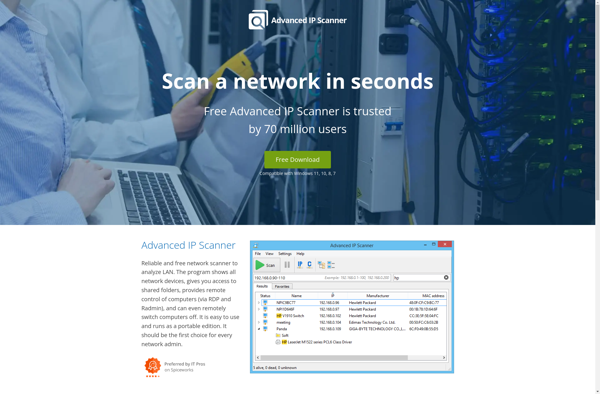
Angry IP Scanner
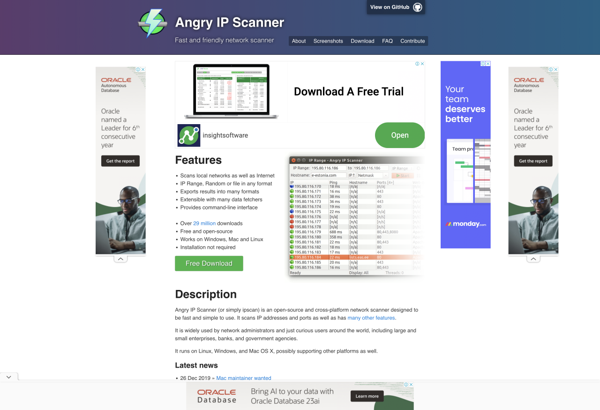
Advanced Port Scanner

SoftPerfect Network Scanner

MyLanViewer Network/IP Scanner

Netactview

CurrPorts
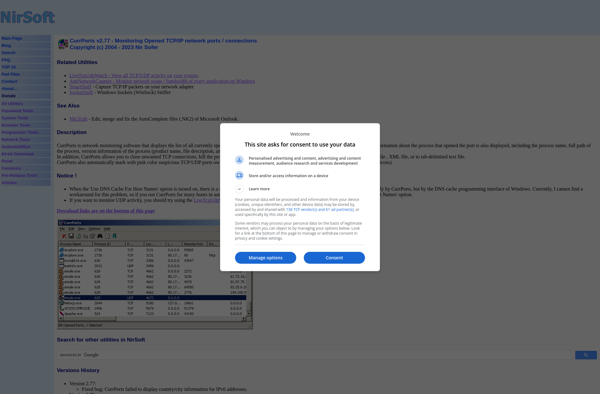
Dipiscan

Proc Net Monitor
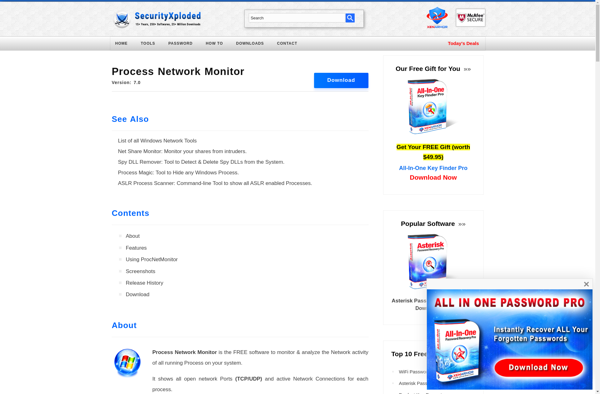
CloseTheDoor
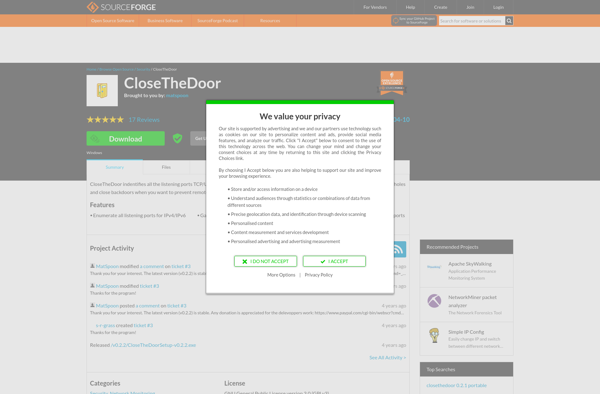
Bopup Scanner
